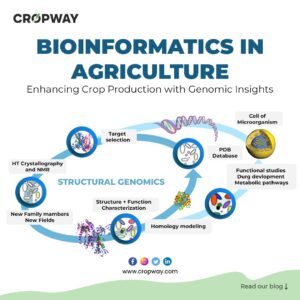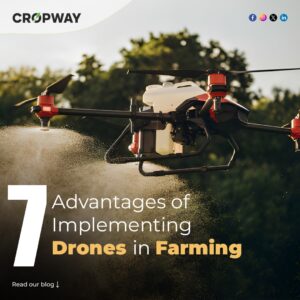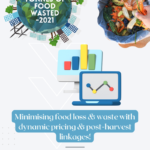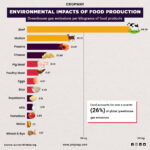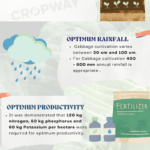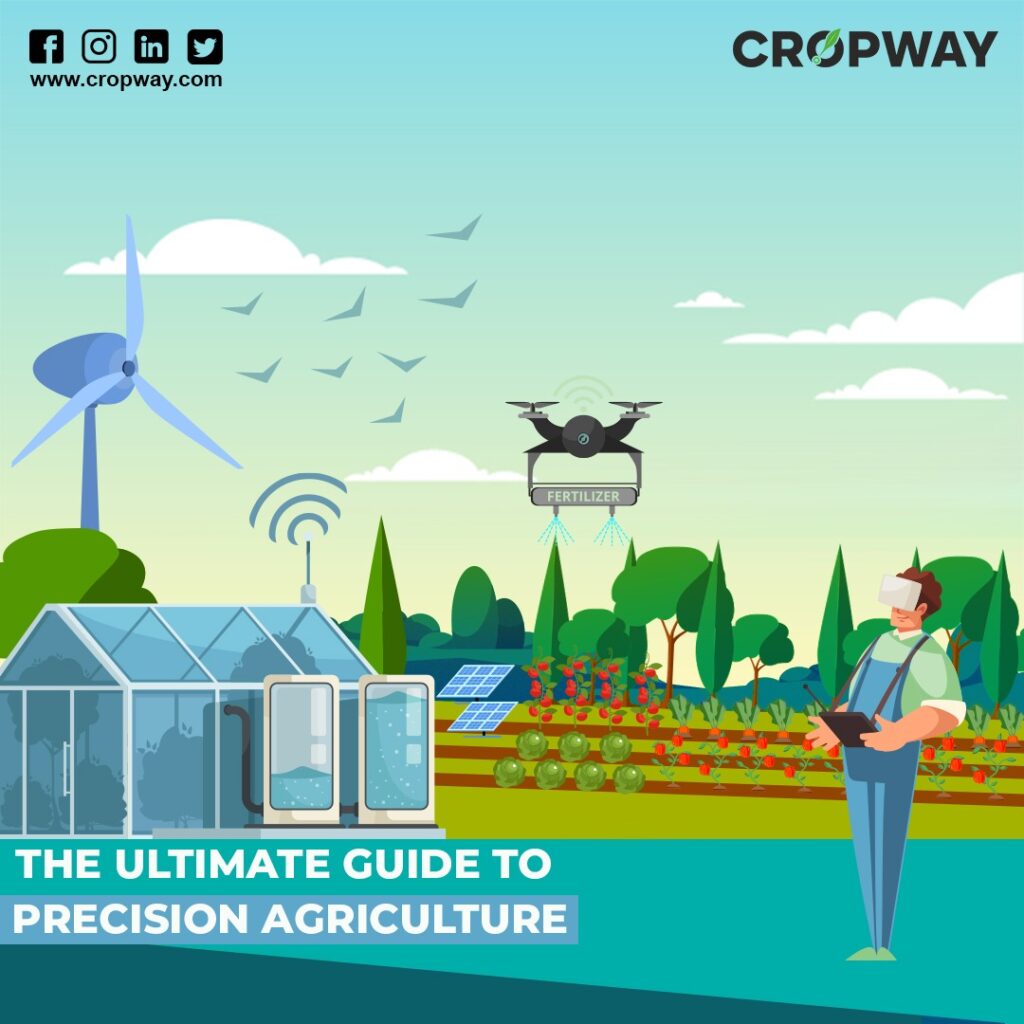
A growing population necessitates more food, but resources are limited. All while climate change is making a catastrophic impact on agriculture. This increase in the demand for food places a huge strain not just on farmers, but also on all other players in the supply chain. Many innovative solutions are on the horizon, but few farmers are ready to adopt them as it takes longer for each agricultural innovations to prove themselves.
Are you looking for a way to get started with precision agriculture? If yes, then this guide is for you.
What is Precision farming?
Precision Agriculture (PA) refers to the application of technologies such as GPS, drones, sensors, and other devices to improve agricultural practices. This guide will give you a brief overview of PA and its benefits.
Precision agriculture has become a hot topic over the last decade. The rise of smartphones, smart farming equipment, and the Internet of Things has led to the development of new ways to manage crops. It is a great tool to increase crop yield and reduce costs. In addition, it helps farmers monitor their crops at every stage of growth.
Precision farming is transforming agriculture. Recognizing the true definition of precision farming is critical for farmers and their affiliated companies. Precision Farming is a farm management concept that focuses on the act of monitoring, analyzing, and reacting to various cross single or multi-variable inputs for modern agriculture.
The components of precision farming?
Precision agriculture has become a major focus of agricultural research and development worldwide. This field encompasses a wide range of activities, from developing new tools and techniques to applying them to existing practices.
There are four main components of precision agriculture: data collection, decision support, control systems, and communication. These components are essential to the success of precision agriculture.
Popular definitions of different components that work together in precision farming:
1. GPS
GPS stands for Global Positioning System. This system uses satellites to determine latitude, longitude, altitude, and time. These coordinates allow farmers to pinpoint their exact location at any given moment. Farmers can use this information to plan out where they want to apply fertilizer, pesticides, water, and seed.
2. Drone Technology
Drone technology is becoming increasingly popular among farmers. Drones are remote-controlled aircraft that help farmers monitor crops and collect data about them. Using drones helps farmers get a 360-degree view of their fields, which makes it easier to identify problems before they become big issues.
3. IoT (Internet of Things)
The Internet of Things is a term used to describe how everything around us is connected to the internet. This includes tractors, irrigation systems, and anything else that is connected to the internet can be monitored using IoT. Farmers can use this technology to remotely control their equipment, receive real-time updates, and even make adjustments to their farming practices.
4. Robotics
Robotics have been used in agriculture since the 1950s. Robots are machines that perform repetitive tasks such as weeding, planting, spraying, and harvesting. They are able to do these jobs much faster than humans and don’t require breaks.
5. Machine Learning
Machine learning is a type of artificial intelligence that enables computers to learn without being explicitly programmed. In other words, machine learning programs teach themselves over time. There are many different types of machine learning algorithms including neural networks, decision trees, and Bayesian networks.
6. Big Data Analytics
Big data analytics is the analysis of large amounts of data. This data could be collected from sensors, mobile devices, or online activity. The goal of big data analytics is to find patterns and trends in the data that would not normally be noticed.
7. Cloud Computing
Cloud computing is a model of service delivery for enabling convenient, on-demand network access to a shared pool of configurable computer resources that can be rapidly provisioned and released with minimal management effort or interaction with a provider of infrastructure services.
Key advantages of precision farming:
1. Reduced Costs
Precision farming reduces costs by increasing efficiency and reducing the amount of time spent on tasks. Farmers can use GPS technology to know exactly where their crops are at any given moment. By knowing the exact location of each plant, farmers can make sure they have enough water and fertilizer applied to them. This helps reduce the amount of money wasted on over-fertilizing and under-watering.
2. Increased Productivity
Precision farming increases productivity by making sure that everything is done correctly. Farmers can apply pesticides and herbicides according to the specific needs of each individual plant. This means that less pesticide and herbicide is being sprayed onto the field, leading to fewer harmful effects on the environment.
3. Improved Health
Precision farming improves health by ensuring that farmers do not spray chemicals directly onto people’s food. Farmers can also take steps to ensure that the air quality around their farms is clean. This prevents the spread of disease and makes sure that everyone working on the farm is safe.
4. Better Nutrition
Precision farming ensures that farmers provide their crops with the right nutrition. Farmers can measure how much fertilizer and water each plant requires. This way, they can give each plant what it needs without wasting anything.
5. More Efficient Use of Land
Precision farming uses land efficiently by using only the area that is actually productive. Farmers can use GPS to determine which parts of the field need to be planted, watered, and fertilized. This saves time and money by not having to spend time and effort on non-productive areas of the field.
6. Increased Safety
Precision farming ensures safety by preventing accidents. Farmers can avoid spraying pesticides and herbicides near roads, streams, and rivers. This keeps children, animals, and people away from the dangerous chemicals.
7. Less Waste
Precision farming reduces waste by ensuring that farmers do no harm to the environment. Farmers can use GPS data to find out where they should place their equipment. This way, they don’t have to worry about damaging the ground or spreading pollution.
Cropway comes into play here. Small farms and enterprise firms can collect and quantify on-farm data using cropway’s full-stack software. Cropway provides real-time field insights and streamlines farm management.


